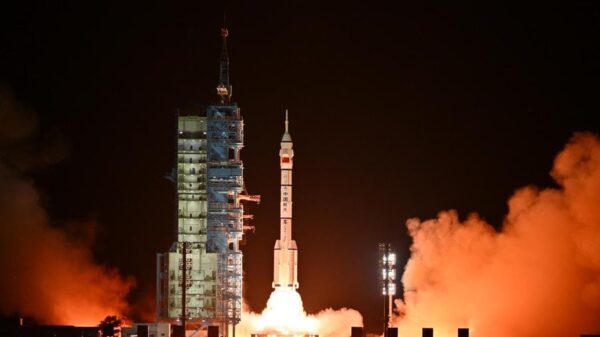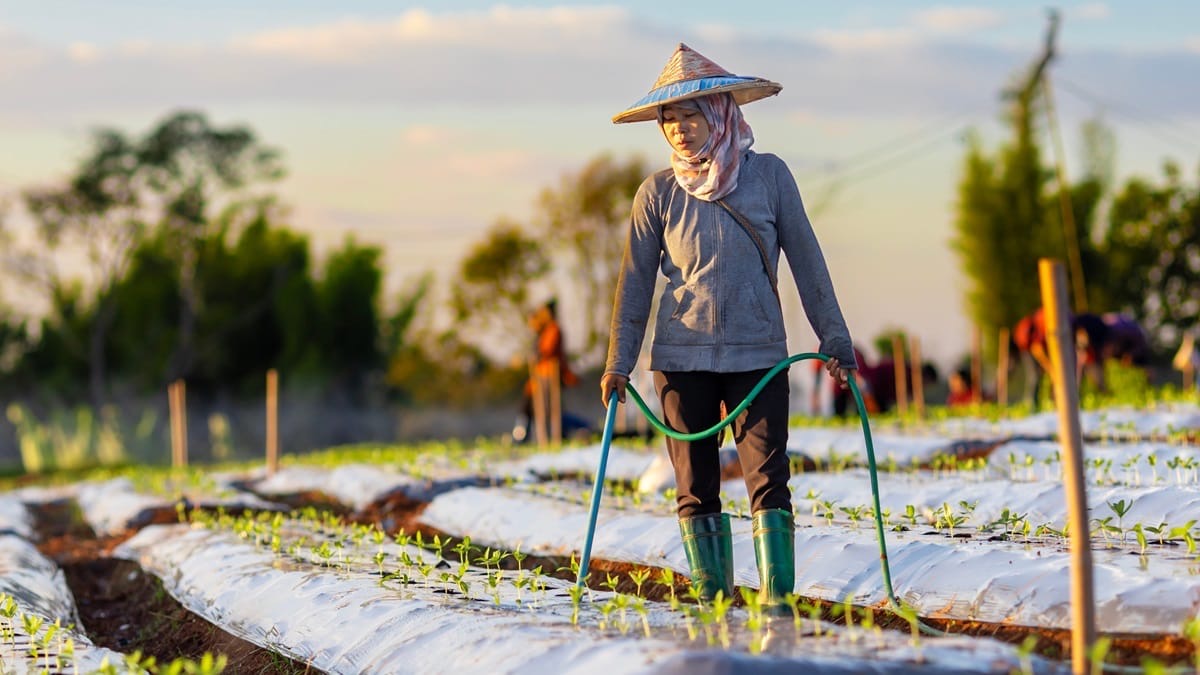The UN Trade and Development Organisation (UNCTAD) has said that Foreign Direct Investment (FDI) fell by two per cent to 1.3 trillion dollars in 2023 amid global economic slowdown and rising geopolitical tensions.
UNCTAD said this in a statement released on Thursday.
The organisation’s 2024 World Investment Report highlighted that insufficient funding is hindering efforts to achieve its 2030 for Sustainable Development agenda, underscoring the urgent need for policies to bolster finance.
“Investment is not just about capital flows; it is about human potential, environmental stewardship and the enduring pursuit of a more equitable and sustainable world,” Rebeca Grynspan, Secretary-General of UNCTAD, said.
The report notes that the decline in FDI exceeds 10 per cent, when excluding the large swings in investment flows in a few European conduit economies, with developing countries the most affected.
According to UNCTAD, the decrease was primarily due to rising geopolitical tensions and concerns over “greenwashing,” a marketing practice to make things seem more environmentally friendly than they actually are.
“Foreign direct investment is crucial for funding infrastructure and public services such as power and renewable energy. However, tight financing conditions in 2023 led to a 26 per cent drop in the number of FDI deals.
“This drop triggered a ten per cent decrease in investment in sectors linked to Sustainable Development Goals (SDGs), most notably in agrifood systems, water and sanitation.
“These sectors registered fewer internationally financed projects in 2023 than in 2015, when all countries signed up to the Goals to be achieved by 2030,” said the report.
The report further revealed that developing countries were hit the hardest.
It said these countries registered only marginal growth in sustainable bonds last year and a 60 per cent drop in financing for funds to support them.
“FDI flows to developing countries fell by seven per cent to 867 billion dollars last year, but the decrease varied across regions.
“Developing economies in Asia, home to 60 per cent of the world’s megaprojects, recorded a significant increase in greenfield FDIs – investments where a company establishes new operations or expands its existing facilities in a foreign country.
“These investments registered a 44 per cent rise in the overall value, and a 22 per cent increase in the number of such announcements,” it said.
However, the report stated that overall foreign investment flow to Asia receded, falling from about 678 billion dollars in 2022 to 621 billion dollars in 2023.
“Nevertheless, the continent, led by East and Southeast Asia, continued to be the world’s largest recipient of FDI, accounting for nearly half of global inflows.
“China and its Hong Kong Special Administrative Region (SAR) continue to be the largest investors in the region by total FDI stock, followed by the United States, Japan and Singapore,” said the report.
























